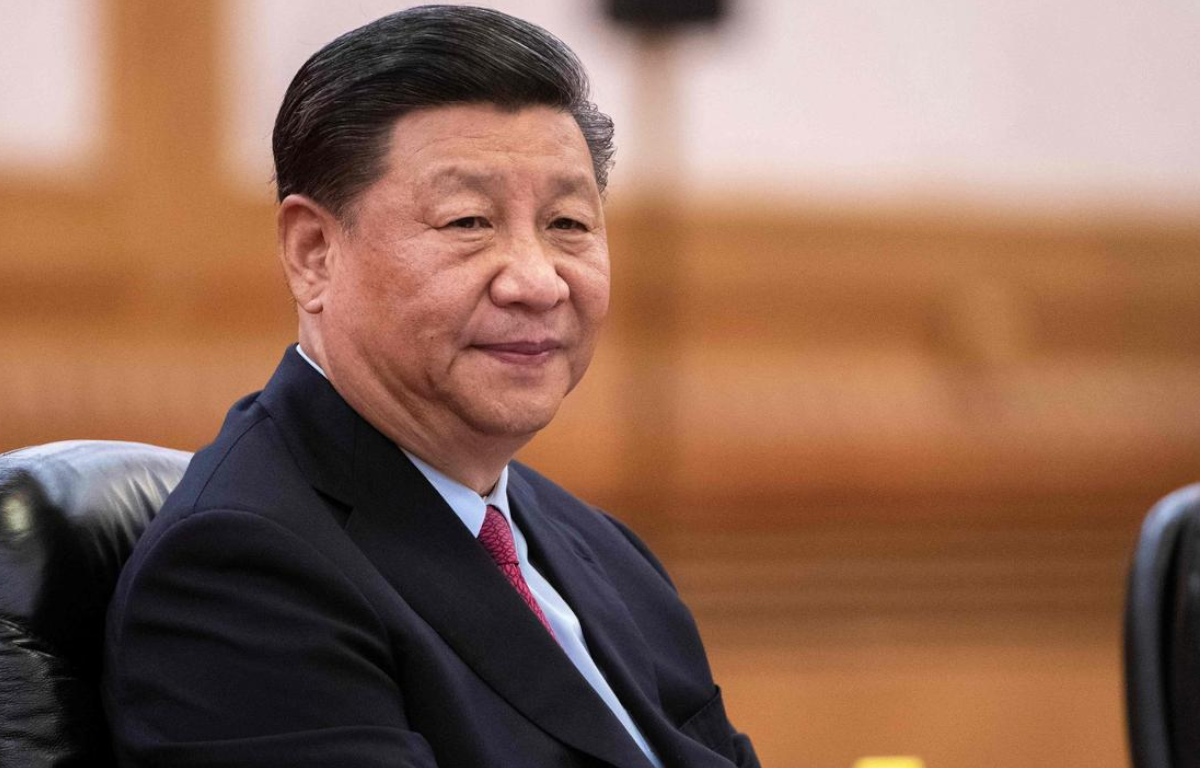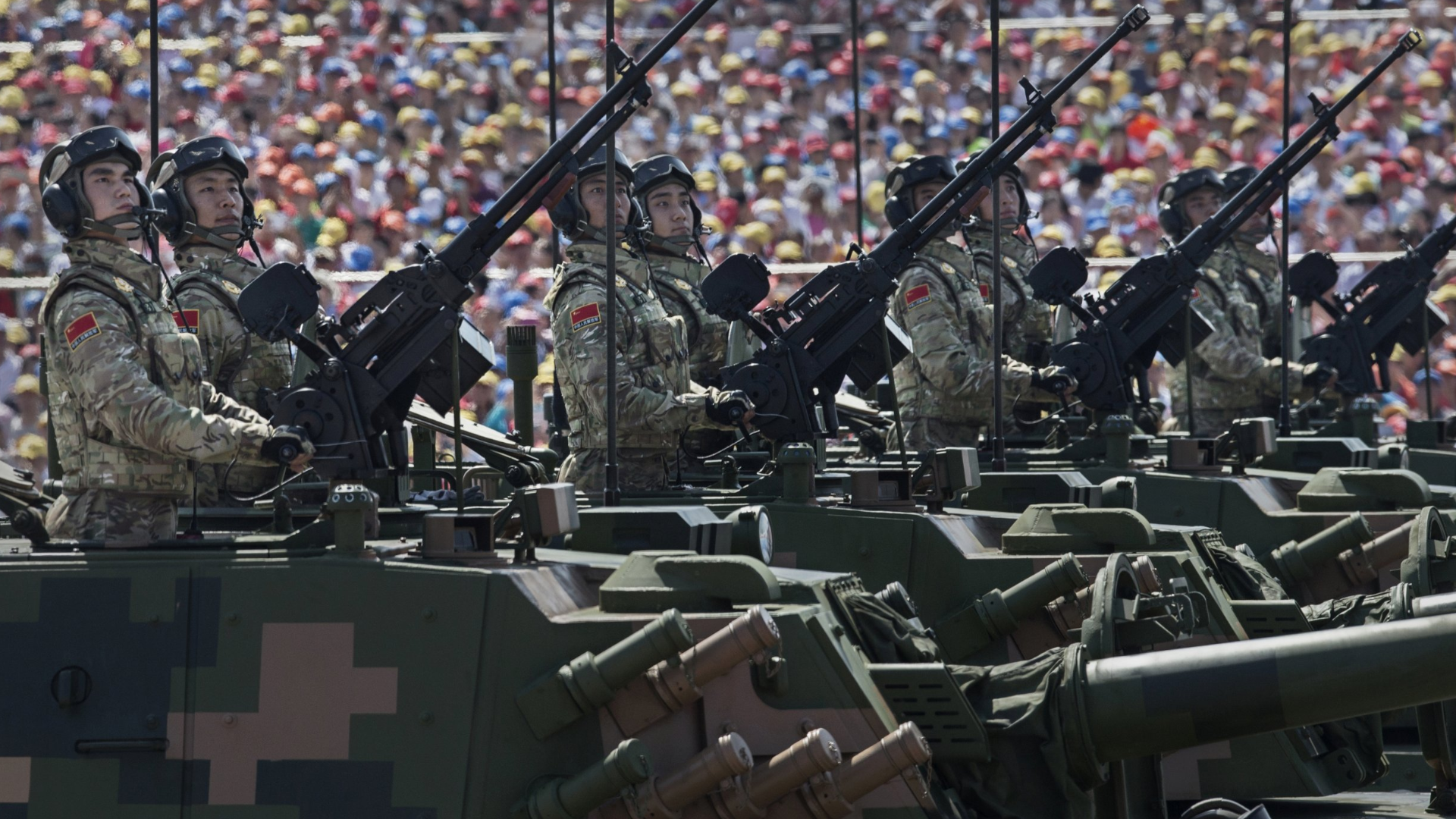
This intensified crackdown serves as a stark reminder of China’s resolve to protect its national security and technological supremacy against what it perceives as external threats. This article delves deep into the core of China’s aggressive approach to espionage, shedding light on the underlying motives driving this unprecedented campaign and the sweeping implications reverberating throughout the global geopolitical landscape.
At the heart of China’s unyielding pursuit lies a convergence of motivations, each fueling the flames of its espionage crackdown. With ambitions as a burgeoning global superpower, China’s zealous protection of classified data, research breakthroughs, and technological innovations becomes paramount in maintaining its competitive edge. This effort extends to guarding its strides in AI, 5G technology, and beyond, shielding these advancements from potential infiltration.
China’s political establishment, steadfast in projecting an image of unwavering stability, seeks to bolster its authority by exposing and dismantling alleged espionage networks associated with the CIA. This calculated move sends a potent message that underscores the nation’s firm grip on matters of national security.
China’s methods in this expansive espionage campaign are a blend of covert operations and a tightening digital stranglehold. Surveillance mechanisms, intricately woven, ensnare individuals suspected of espionage in a web of constant scrutiny. Stealthy operatives operate in the shadows, methodically unearthing alleged spies and accumulating evidence through discreet monitoring of international communication networks. Legal proceedings are then orchestrated, amplifying China’s determination to quell espionage threats.
As these actions unfold, the global ramifications are profound. Diplomatic ties between China and other nations, particularly those implicated, are strained as accusations of espionage escalate tensions. International trust erodes as China’s pervasive suspicion casts a shadow over foreign businesses and researchers looking to engage with the nation’s technological advancements. Moreover, affected nations may engage in tit-for-tat responses, potentially expelling Chinese diplomats or ramping up their own counterintelligence activities, further inflaming international relations.










Share this: